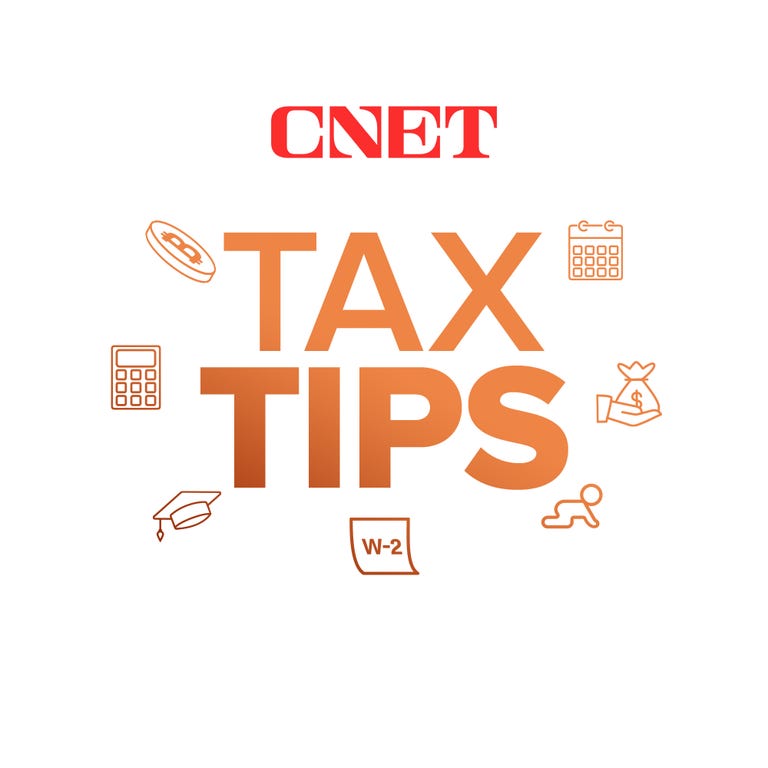Tax day is inching closer — and if you haven’t filed your tax return yet, it’s time to get started. But filing your taxes can be daunting, especially if you’re facing a hefty tax bill.
Whether your tax bill caught you by surprise or you need more time to pay it in full, you have options. I talked to Logan Allec, a certified public accountant and CEO of Choice Tax Relief, to find out what you should do in this situation. Here’s what he recommends.
1. Don’t delay filing your taxes, even if you can’t afford to pay
Filing your taxes is required by law. And not doing so can result in even bigger problems than avoiding payment, Allec said.
“If you can’t pay, please file,” Allec said. “The penalties for not filing are more stern than the penalties for not paying.”

If you can’t pay the full amount within that time frame and you owe less than $50,000, consider a long-term payment plan that gives you six years to pay the balance. You can set up direct debit withdrawals to save on fees and postage. You may also have the option to enter the monthly payment you’re comfortable with, and the IRS system will either accept it or propose a higher amount, Allec said.
But if you owe more than $50,000 and need more time to pay, you’ll need to speak with someone at the IRS to set up a plan or complete and mail an Installment Agreement Request, also known as Form 9465. You may be able to propose a monthly payment amount to the IRS or the tax agency will create a plan for you based on your financial situation. Keep in mind that outstanding state tax balances must be handled with your state, and the payment plans will vary.
3. See if you qualify for hardship assistance
Depending on your financial situation, you may find some financial relief if you can’t afford an IRS payment plan through the Hardship Assistance program, Allec said.
In order to qualify, you’ll need to submit proof of your assets and liabilities, such as your bank statement, monthly bills and income to show that you won’t be able to pay the balance in full anytime soon.
Even though Experian, TransUnion and Equifax voluntarily decided to no longer report tax liens on your credit report, they’re still public records for creditors to see. And that can be damaging to your finances in the long run.
5. Explore other repayment options
In some cases, using a credit card to pay your tax bill could make sense, especially if you have a 0% APR purchase offer. Just be aware that you’ll pay processing fees when paying with a credit card. But these fees could end up costing you less than the interest that could accrue on your tax debt long-term.
You should cover your tax bill with a credit card only if you know you can repay the balance within a few months or before the introductory APR period expires. Otherwise, it’s not worth it. Credit card APRs are over 20% on average right now, and that high level of interest will quickly pile on to your existing tax debt.
You might also consider a personal loan or pulling from emergency savings. Just weigh the benefits and risks before jumping into a new financial agreement. If you can pay your tax bill within six months with the IRS installment plan, it’s generally the option that will save you the most money in fees and interest.
